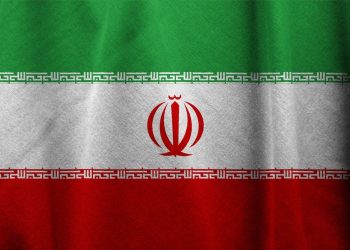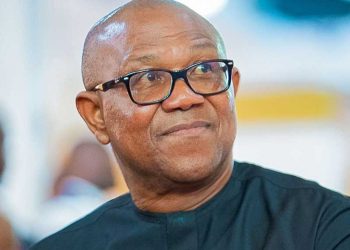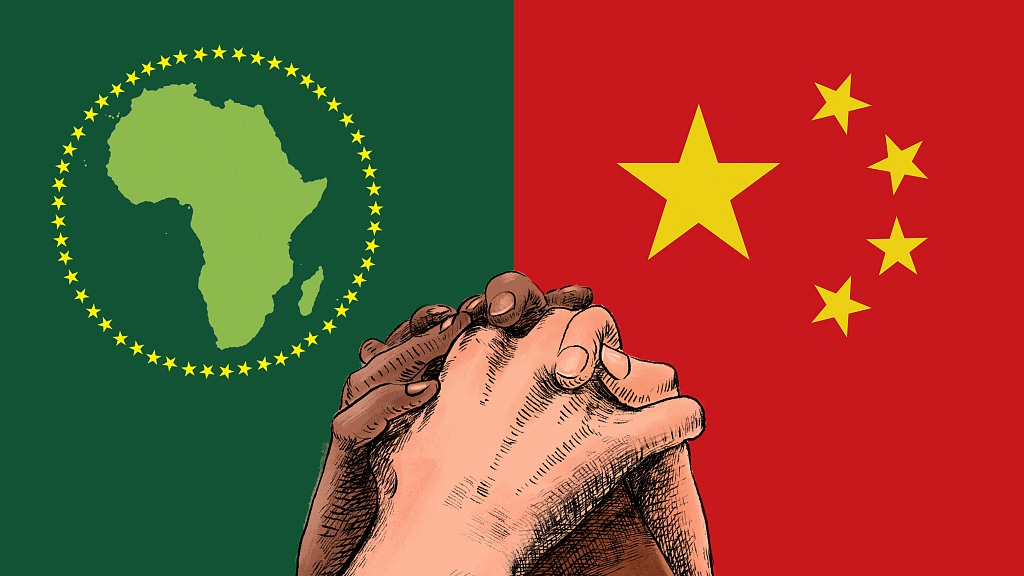Germany finds itself at a critical juncture following Chancellor Olaf Scholz’s defeat in a parliamentary confidence vote, which has plunged the nation into political uncertainty. With Europe’s largest economy now under a caretaker government and elections looming early next year, the fallout will ripple across both Germany and the wider European Union.
The Political Landscape Ahead
Germany is heading towards a snap election next year with seven major parties vying for power. Four of them have already declared their Kanzlerkandidaten (chancellor candidates) setting the stage for a closely-watched race. The German political landscape has historically been dominated by the Christian Democrats (CDU/CSU) and the Social Democrats (SPD), Germany’s proportional representation system ensures coalition governments, meaning there cannot be an outright winner thus alliances are critical for governance. Now the question is: Who will team up with whom?
Friedrich Merz (CDU/CSU): The conservative leader is the clear favorite to become the next chancellor. His party has been Germany’s political heavyweight for years, and he’s positioning himself as a steady hand to fix what Scholz couldn’t.
Olaf Scholz (SPD): The current chancellor is still in the race. His candidacy is currently facing an uphill battle with his popularity at rock bottom. Regardless, Scholz still seems to have the support of his party.
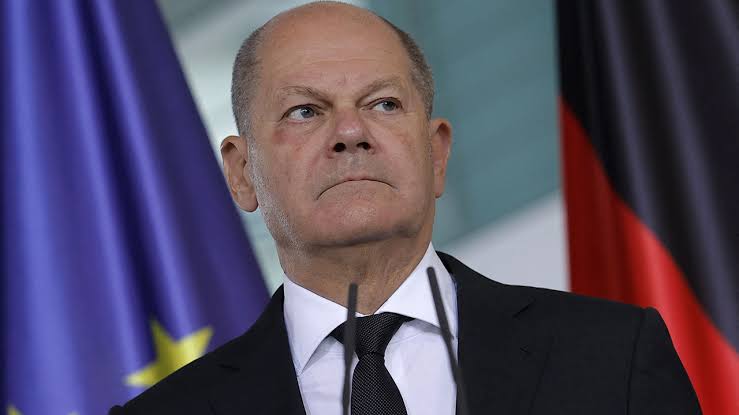
Alice Weidel (AfD): The far-right Alternative for Deutschland is riding high after strong showings in regional elections. Weidel’s populist rhetoric, especially on immigration and nationalism, has struck a chord with voters and may influence coalition negotiations even if they do not win outright.
Robert Habeck (The Greens): The current economics minister is aiming for a bigger role, but his party is more likely to play kingmaker than to lead the next government.
The other parties, the Free Democrats (FDP), Die Linke, and the new socialist BSW led by Sahra Wagenknecht are still formulating their strategies.
Key Challenges for Germany
The collapse of Scholz’s government explains the deep ideological divides within German politics. The outgoing coalition of SPD, Greens, and FDP was strained by differing economic priorities. The FDP, which triggered the collapse by pulling its ministers, clashed with Scholz over reforms to Germany’s constitutional debt brake.
Scholz blames the FDP for “sabotage.” The FDP accuses Scholz of being unwilling to compromise, highlighting tensions over fiscal policy in an era of mounting public debt.
Germany now faces three pressing challenges:
1. Economic Recovery: Weakened consumer confidence, slowed industrial output, and debates over fiscal policy have created economic headwinds.
2. Energy Transition: The Greens and FDP divergent views on transitioning from fossil fuels to renewables have left Germany struggling to meet its climate goals.
3. Migration: Immigration remains a polarizing issue, especially as the AfD gains support with its anti-migration platform.
European Implications
The timing of Germany’s political crisis couldn’t be worse for Europe. The EU faces an escalating war in Ukraine, economic challenges, and uncertainty over its security alliances. Meanwhile, political turmoil in France, where President Emmanuel Macron’s government recently collapsed, leaves Europe’s two traditional powerhouses in precarious positions.
President-elect Donald Trump’s return to the White House in 2025 further complicates matters. His “America First” policies could weaken NATO’s cohesion, forcing European countries to bolster their own defenses.
Risks of Fragmentation
Dr. Thu Nguyen, an EU policy expert, warns that Germany’s leadership vacuum, coupled with Macron’s weakened position, leaves the EU vulnerable to internal divisions. Populist leaders such as Viktor Orbán in Hungary and Giorgia Meloni in Italy could seize the moment to push for a more nationalist EU agenda, which might include softer stances on Russia and tougher positions on migration.
“Without a functioning German government and a strong French leader, there is a lack of leadership in the EU,” Nguyen observes. This vacuum could hinder the bloc’s ability to respond cohesively to global challenges, including the Ukraine war and shifting U.S. foreign policy.
Western Balkans and EU Expansion
Germany’s instability may also impact EU relations with the Western Balkans. Ongoing dialogue between Belgrade and Pristina could stagnate, especially if Berlin and Paris remain preoccupied with internal crises. Experts note that meaningful progress on these issues will likely depend on future U.S. engagement, which remains uncertain under Trump’s administration.
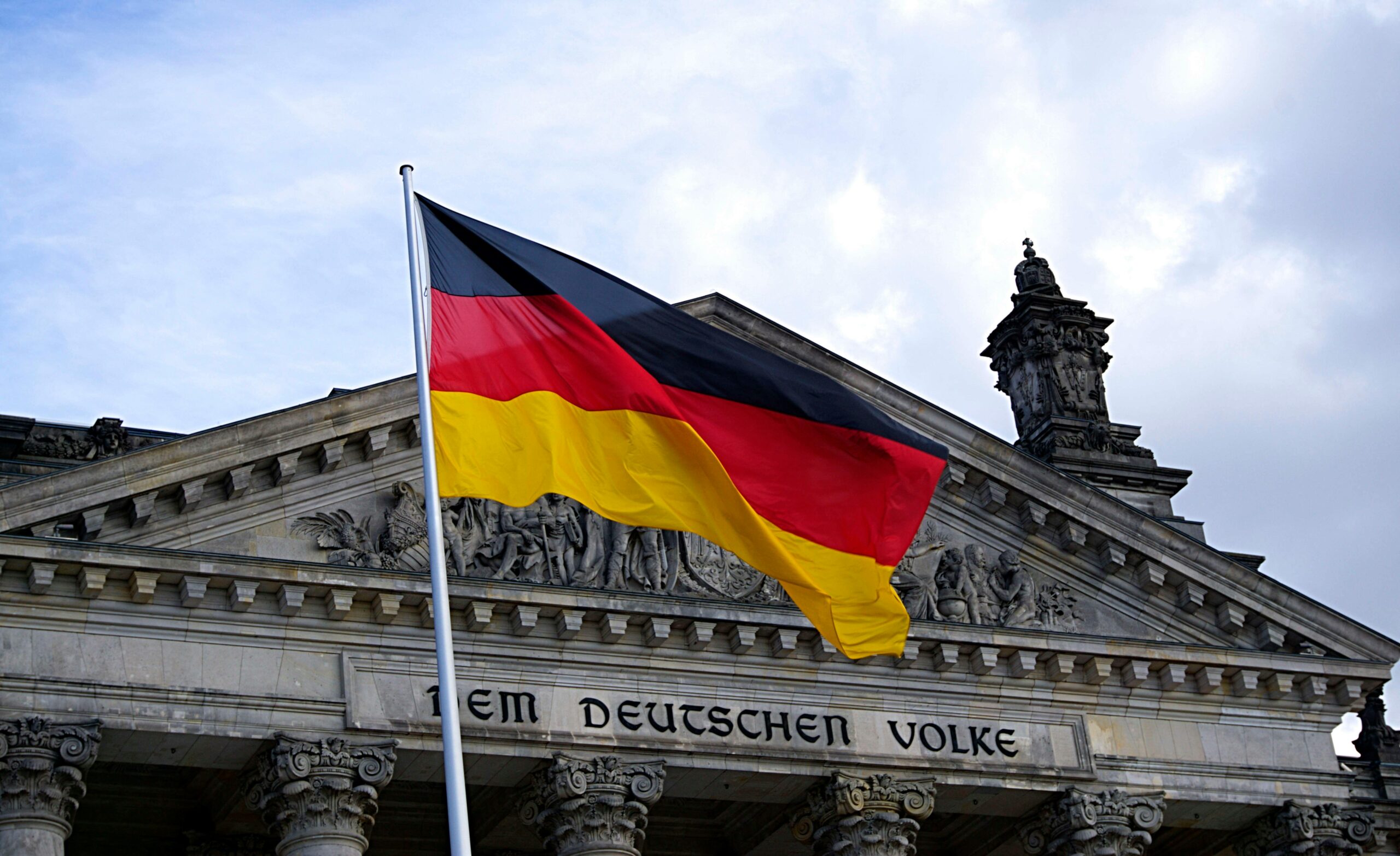
What’s Next for Germany and Europe?
With elections set for early next year, Germany’s political future depends on the outcome of coalition negotiations. Friedrich Merz’s CDU/CSU appears poised to take the reins, but the composition of the next government will determine its policy direction.
For Europe, Germany’s instability adds to a growing sense of fragility in the EU. If both Berlin and Paris fail to restore strong leadership, Europe risks a period of drift at a time when unity is needed most. Whether it’s managing the Ukraine conflict, preparing for economic headwinds, or addressing migration, the EU requires cohesive strategies—and Germany’s next government will play a decisive role in shaping them.


